Honored Artist of the Azerbaijan SSR and film director with a tragic fate: Latif Safarov
Qarabag.com presents information on film director, scriptwriter, actor and a native of Shusha – Latif Safarov
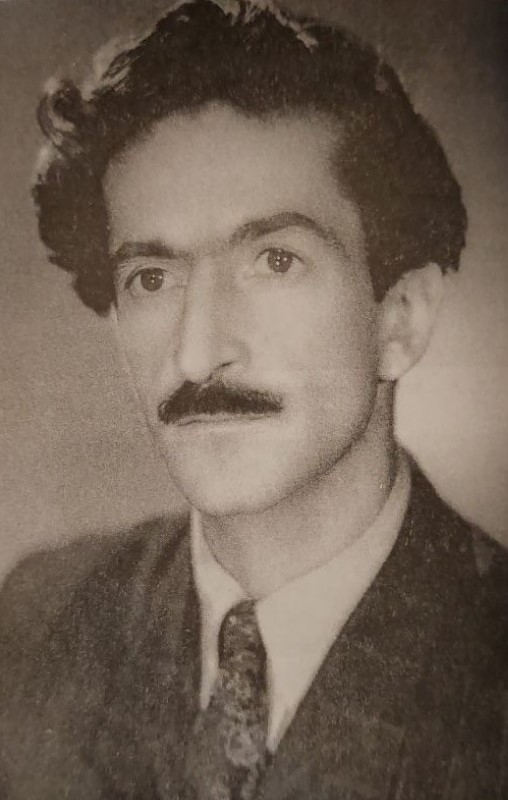
A movie director Latif Bashir oglu Safarov was born on September 31, 1920 in the city of Shusha.
[А. Kazimzade. Azerbaijani Cinematographers. 2013, p. 151]
[Azerbaijani Soviet encyclopedia. VIII volume. 1984, p. 408]
[“Bakinskiy rabochiy” newspaper №195 (26421) 19.10.1985, p. 4]
[“Nedelya” newspaper №40 (26421) 8.10. – 14.10.2010, p. 20]
In 1927 after divorce of his parents (1925), Latif moved to Aghdam with his mother.
[А. Kazimzade. Azerbaijani Сinematographers. 2013, p. 151; 160]
When Latif was 7 years old, he played his first role (Gulgul) in the film “Gilyan’s Daughter” (1827-1928). The book “Azerbaijani cinematographers” notes the following :
“In the summer of 1927, when Latif’s family was vacationing in Shusha, “Azerkino” film expedition came to the city in order to film natural objects. The creative team who met little Latif by chance, decided to shoot him in the film. Therefore, Latif got acquainted with the cinema for the first time.”
[А. Kazimzade. Azerbaijani Cinematographers. 2013, p. 151 – 152]
[“Bakinskiy rabochiy” newspaper № 195 (26421) 19.10.2010, p. 4]
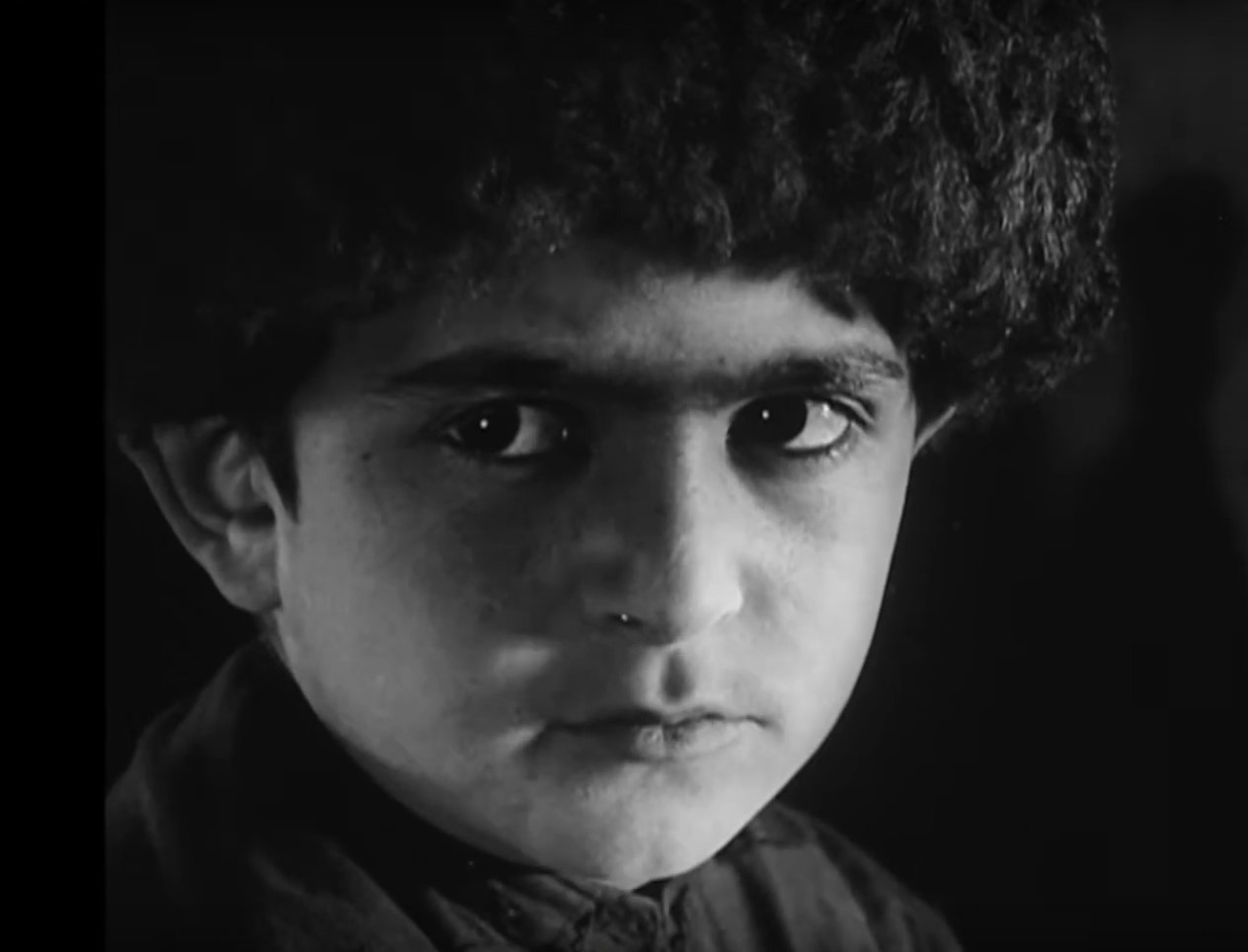
At that time Latif Safarov was filmed in the following movies: “Sevil” (Gunduz, 1929) and “Latif” (Latif, 1930). At the same time Azerbaijani film director Mikayil Mikayilov who was working at the position of assistant director in film “Gilyan’s daughter”, invited Latif to play starring character and changed the name of the work to “Latif” in his honor. Latif Safarov also played episodic roles in the feature films such as “Golden Bush” (1930), “Almaz” (1936) and in documentary film “The Road to the East” (1930).
[А. Kazimzade. Azerbaijani Cinematographers. 2013, p. 152; 167]
[“Bakinskiy rabochiy” newspaper № 195 (26421) 19.10.2010, p. 4]
[“Nedelya” newspaper №40 (26421) 8.10. – 14.10.2010, p. 20]
In 1931 Latif Safarov became seriously ill and the doctors forbade him to act in movies. Later, he was also expelled from school. As a result, he was forced to go to his mother in the city of Barda. Then Latif returned to Baku in 1935.
[А. Kazimzade. Azerbaijani Cinematographers. 2013, p. 153]
In 1936 (1937) Latif Safarov worked at the positions of actor and assistant director at Baku film studio. In the dubbing department of the film studio, Safarov participated in dubbing the Soviet feature films such as “Chapayev”, “We are from Kronstadt”, “Lenin in October” and etc.
[А. Kazimzade. Azerbaijani Cinematographers. 2013, p. 153]
[“Bakinskiy rabochiy” newspaper № 195 (26421) 19.10.2010, p. 4]
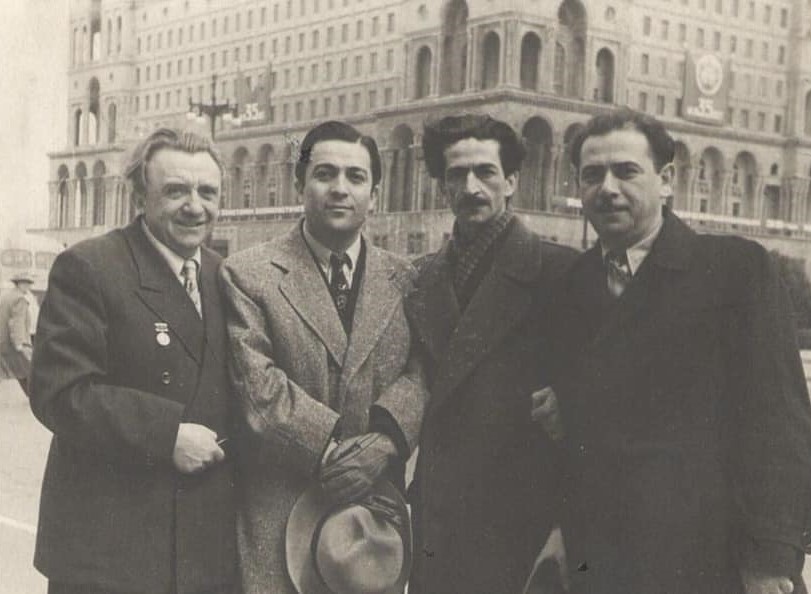
In 1937, Latif Safarov’s father was arrested as an “enemy of the people” and exiled to Siberia. He recalled:
“I did not have a passport in my pocket when I was a son of “enemy of the people”. I had to begin to live my independent life in the street. I was wearing the only summer suit I had, and I also had only 10 kopecks in my pocket. Thank God that it was summer and the weather was hot in our boulevard at nights. But the benches were as hard as they were during the day… After graduating from the institute, I remember how I collected materials for a documentary film about border guards on the order of the studio. I remembered how the captain and the sergeant-machine gunner accompanied me. I thought that they were protecting me, but they were holding me at gun-point in case I would suddenly cross the border.”
[А. Kazimzade. Azerbaijani Сinematographers. 2013, p. 160]
In 1939 Latif Safarov graduated from the part-time department of Ganja pedagogical school with an honorary diploma. When Germany attacked the USSR (1941), Latif Safarov was summoned into the army, but he was demobilized due to his unfitness for military service.
[А. Kazimzade. Azerbaijani Cinematographers. 2013, p. 154; 161]
He was the director and the script writer of the documentary films such as “Response to the Call” (1947), “Builders of a New Life” (1949), “The Wealth of Gadabay” (1950), “Azerbaijani Border Guards” (1951), “Baku and Bakuvians” (1958). In the same year his last film was awarded with the III-degree diploma at the All-Union Soviet Film Festival held in Moscow.
[А. Kazimzade. Azerbaijani Cinematographers. 2013, p. 159: 167]
[“Nedelya” newspaper №40 (26421) 8.10. – 14.10.2010, p. 20]
[Cinema. Encyclopedic dictionary. 1987, p. 13]
In 1950 he graduated from the Faculty of Directing of the All-Union State Institute of Cinematography (now the Gerasimov Institute of Cinematography in Moscow)
[Cinema. Encyclopedic dictionary. 1987, p. 12-13]
[Azerbaijan Soviet encyclopedia. VIII volume. 1984, p. 408]
[“Bakinskiy rabochiy” newspaper № 195 (26421) 19.10.2010, p. 4]
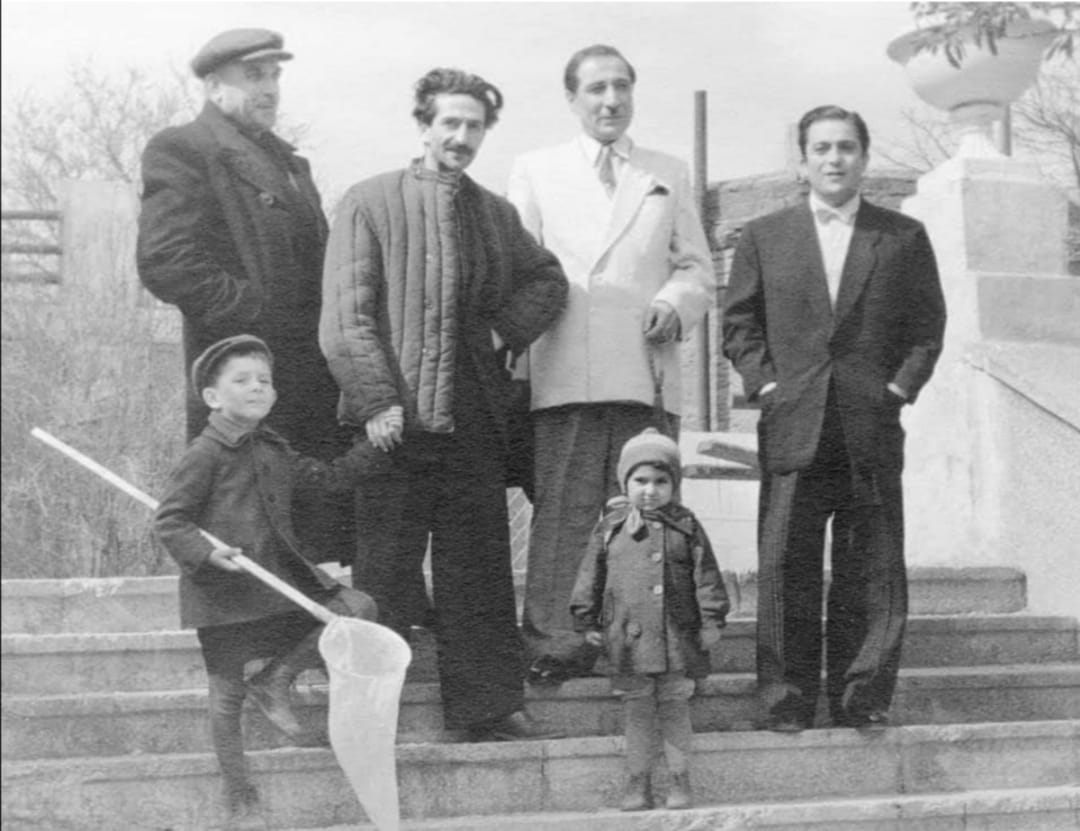
The first independent work directed by Latif Safarov is the feature film “Bakhtiar” or “Favorite Song” (1955/1956). Also, Safarov made the following films: “Under the sultry sky”, “Leyli and Majnun” or “Legend of love” (1961). He also was a director of the documentary film “Orchards of Guba” (1953).
[N.Sadıkhov. Azerbaijan artistic cinematography. (1920-1935 -) 1970. p. 95]
[Cinema. Encyclopedic dictionary. 1987, p. 13]
[“Nedelya” newspaper №40 (26421) 8.10. – 14.10.2010, p. 20]
[А. Kazimzade. Azerbaijani Cinematographers. 2013, p. 163]
From 1958 to 1963, Latif Safarov held the position of Chairman of the Union of Cinematography Workers of Azerbaijan (Union of Cinematographers of Azerbaijan). During these years, Latif married the Azerbaijani singer Shovkat Alakbarova.
[Azerbaijan Soviet encyclopedia. VIII volume. 1984, p. 408]
[А. Kazimzade. Azerbaijani Cinematographers. 2013, p. 161 – 163]
Latif Safarov had repeatedly raised the issue of shortcomings in Azerbaijani cinematography. In his short speech at the meeting of the All-Union of Cinema Workers (1952) Latif Safarov mentioned the following:
“I am from the province called Baku film studio. I am speaking on behalf of it… They forget about the people who work in the province … The province is not provided with equipment, and, therefore, the directors are unable to fully realize their ideas … They no longer believe that they can produce films with the same techniques as in the central studios…”
And after that Latif Safarov turned his face to the Muscovites from the tribune and said:
“Didn’t we sit together on the student bench? Why one has everything and the other has nothing. Shooting a color film is a real hell. We lose episode after episode because of low quality film, out of equipment and tripods losing their balance. For these reasons people don’t go to the province for work. It was well said by Alexander Dovzhenko (Ukrainian film director): “People should not be afraid of the province. It is not important to live where the Kremlin is situated.”
Furthermore, in one of his speeches Latif Safarov said:
“The people living in the center can increase their tariffs, but those living in the province are not able to. Why is this happening?… I believe that this is not a state point of view, this is an incorrect statement of the question. Finally, we have the right to ask: when will equal opportunities be created for everyone? When?”
[А. Kazimzade. Azerbaijani Cinematographers. 2013, p. 162 – 163]
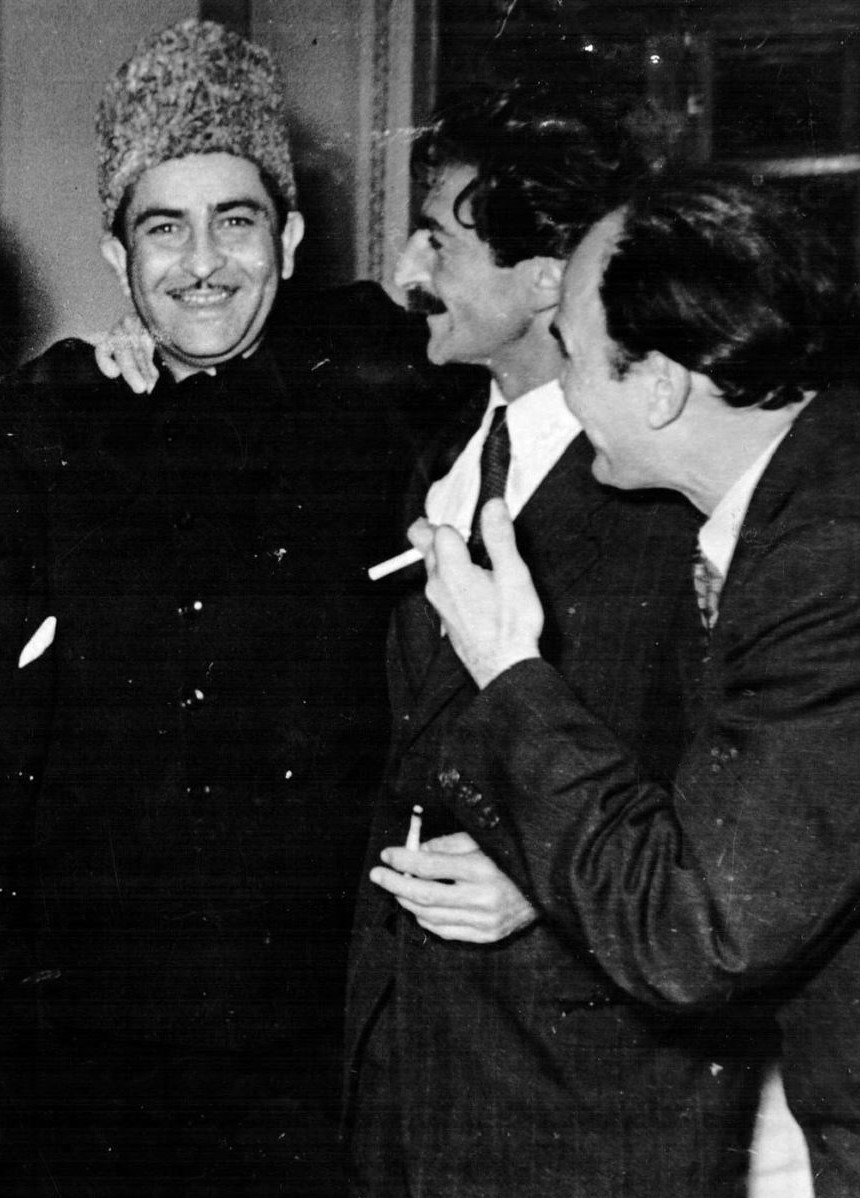
In 1960 Latif Safarov was awarded the title of Honored Artist of the Azerbaijan SSR. He was also awarded with the “Badge of Honor” order.
[Azerbaijani Soviet encyclopedia. VIII volume. 1984, p. 408]
[“Bakinskiy rabochiy” newspaper № 195 (26421) 19.10.2010, p. 4]
In January of 1963 Latif Safarov was removed from his position of Chairman of the Union of Cinematographers of Azerbaijan.
[А. Kazimzade. Azerbaijani Cinematographers. 2013, p. 165]
On December 9, 1963, Latif Safarov committed suicide by shooting himself with a hunting rifle. Among the possible reasons that led to his fate were both his expulsion from the Union of Cinematographers (including financial proceedings) and the fact that he suffered from serious and incurable illness.
[А. Kazimzade. Azerbaijani Cinematographers. 2013, p. 165]
In 1964, a close friend of Latif Safarov, the Azerbaijani poet and the People’s Poet of the Azerbaijani SSR Rasul Rza dedicated a poem “Requiem” to his death.
[R.Rza. Excerpt. Verses and poems. 1965, p. 68-74]
[А. Kazimzade. Azerbaijani Cinematographers. 2013, p. 166]